Sudan
The situation in Sudan is dire, with widespread violence and suffering. According to Clementine Nkweta-Salami, a top U.N. official, the country is facing brutal violence, famine, disease, and displacement affecting almost 9 million people.
Tensions between the military and paramilitary forces erupted into conflict in April 2023, resulting in over 14,000 deaths and 33,000 injuries. The Rapid Support Forces (RSF) control most of Darfur and are besieging the capital, El Fasher.
Nkweta-Salami emphasized the urgent need for humanitarian aid, warning of the risk of widespread starvation and death. With just six weeks before the lean season begins, the situation is critical. More funding is urgently needed to address the escalating crisis.
On April 15, donors pledged $2.1 billion in humanitarian aid for Sudan, but Nkweta-Salami said the U.N.'s $2.7 billion humanitarian appeal -- to help nearly 15 million of the country's 58 million people -- is just 12% funded.
"Without more resources, we won't be able to scale up in time to stave off famine and further deprivation," she warned.
Leni Kinzli, the U.N. World Food Program's regional spokesperson, said on May 3 that at least 1.7 million people in Darfur were experiencing emergency levels of hunger in Sudan in December, and the number is expected to be "much higher" now.
"People are resorting to consuming grass and peanut shells," Kinzli said. "And if assistance doesn't reach them soon, we risk witnessing widespread starvation and death in Darfur and across other conflict-affected areas in Sudan."
Nkweta-Salami demanded unfettered access to the millions in need, urging more aid deliveries from Chad which borders Darfur, and across conflict lines.
She said food, water and medicine are desperately needed in El Fasher, which is now completely surrounded. As an example of the difficulties the U.N. and other aid agencies face, she said a U.N. convoy with more than a dozen trucks carrying critical supplies for 120,000 people left Port Sudan on April 3 but still hasn't reached El Fasher because of insecurity, checkpoints and delays in getting clearances.
Nkweta-Salami urged the parties engaged in fighting in and around El Fasher to step back to prevent what would be "a catastrophic impact on the civilian population."
"And most of all, we need more engagement to end this war" and to hold the parties to the conflict accountable, she said. "The international community cannot stand by as this crisis spirals out of control – as the noose of this conflict tightens its stranglehold on the civilian population."




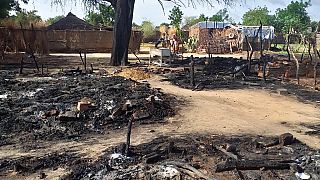

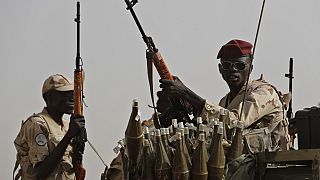
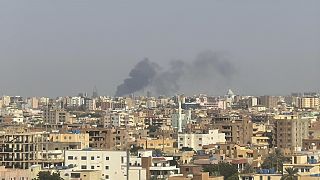
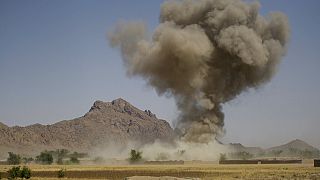
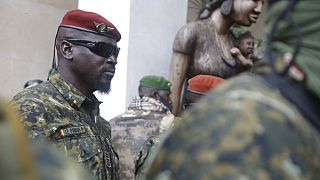
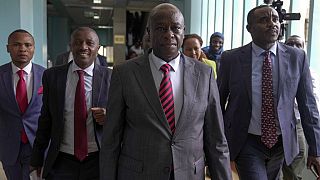
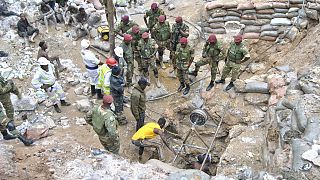
Go to video
Mozambique faces social media restrictions amid election disputes and tensions
Go to video
Kenyan Court approves new Deputy President
01:40
UN report warns of famine, aggravated by conflicts and climate shocks
Go to video
DR Congo Military helicopter crash kills three foreign crew members
Go to video
Paris court sentences ex-Rwandan doctor to 27 years for 1994 genocide role
Go to video
Beauty queen Chidimma Adetshina faces loss of South African ID in nationality dispute